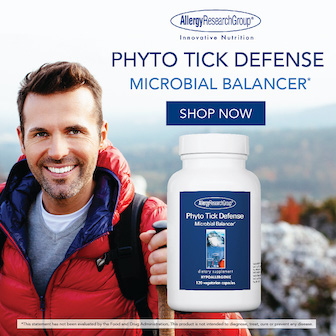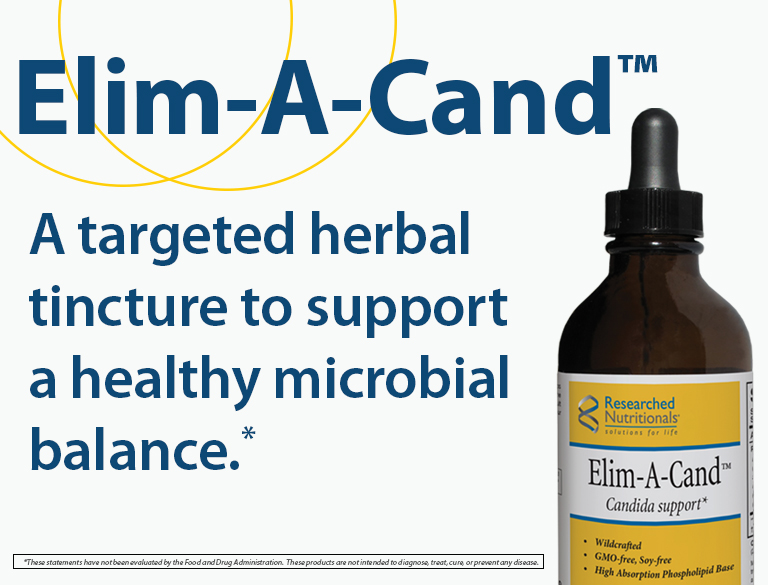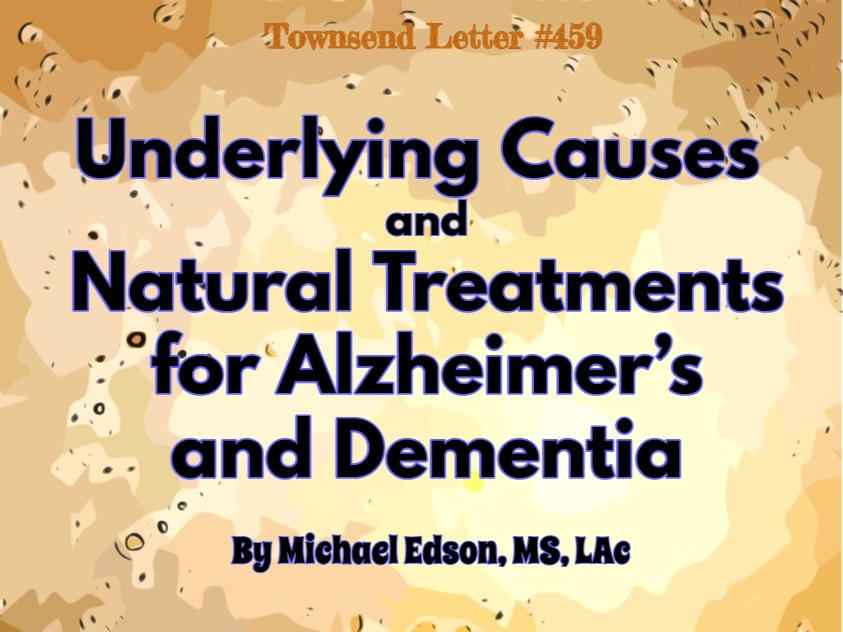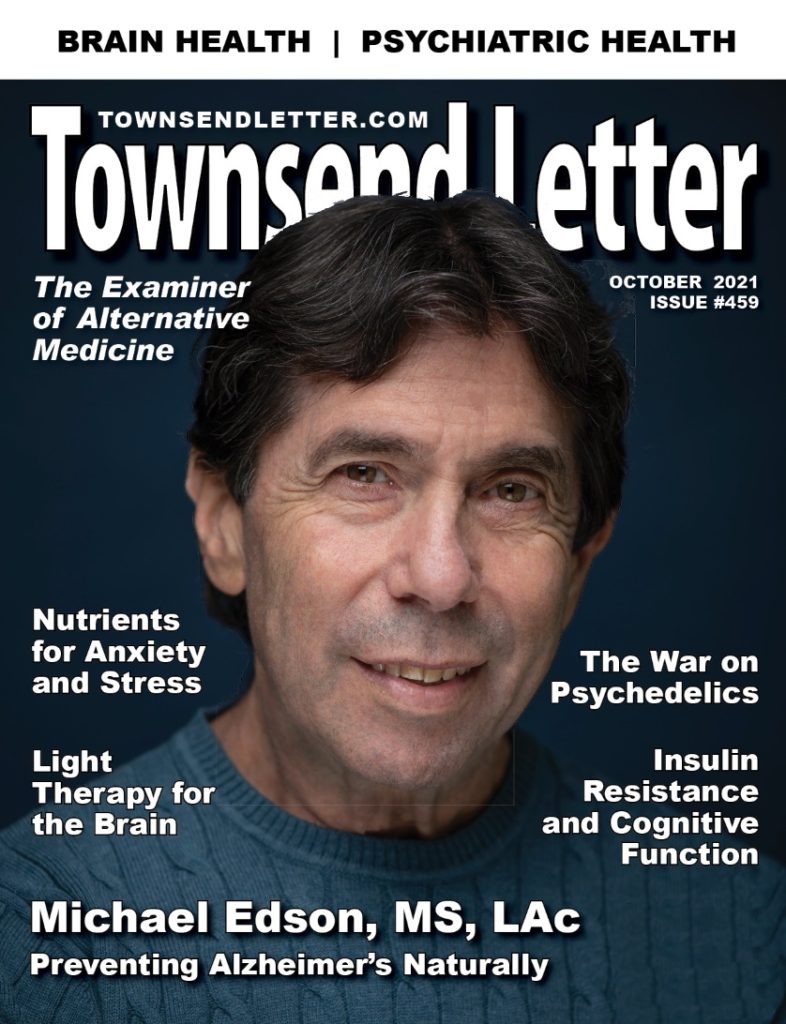The Whole Brain by Raphael Kellman, MD
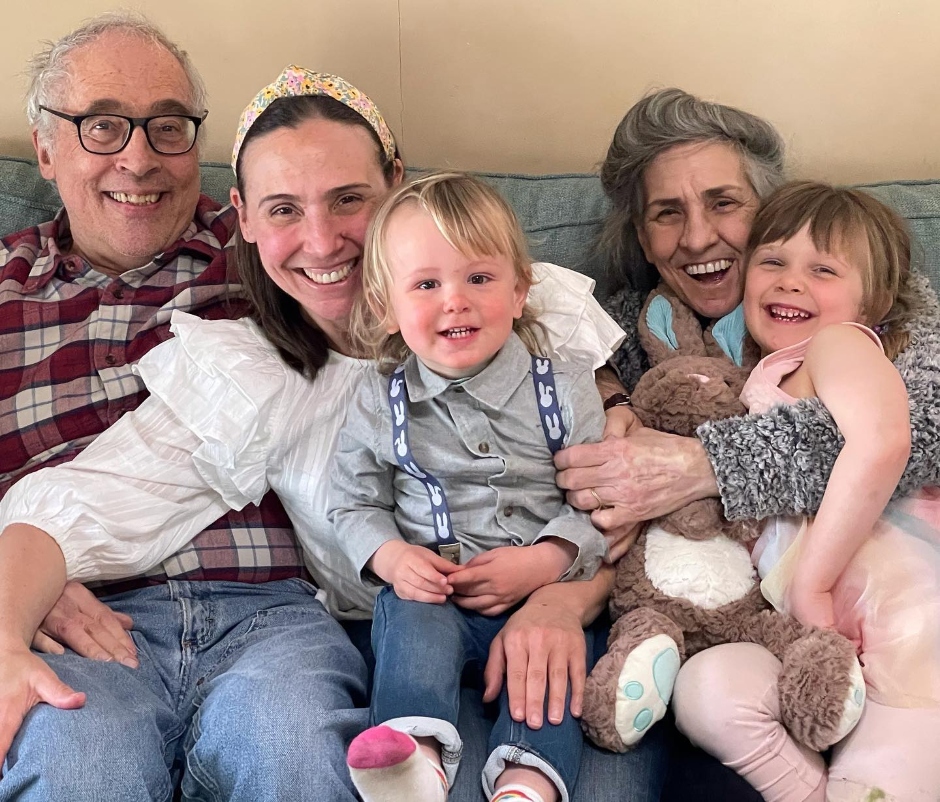
While we have been preoccupied during the past 18 months with the COVID-19 pandemic, mental health issues have continued unabated. Depression and anxiety have, as expected, worsened in all age groups and among all socioeconomic groups. Our dramatic measures to control the infection, focusing on staying at home, has led to so much social isolation that it is difficult to gauge the extent of depression. Although unemployment is now beginning to reverse as the economy returns to pre-pandemic levels, many individuals remain traumatized by the ongoing need to mask up and curtail social activities as well as deal with the uncertainty of when life will return to normal.
Getting help for depression, anxiety, and more serious psychiatric disorders is difficult especially when counseling centers have cut back on in-person services. Telemedicine and “telecounseling” are not sufficiently meeting the need. Concurrently, llicit drug use with its increased risk of suicidal overdose has worsened. Clearly primary care practitioners are being asked to take on a much greater role as psychiatrist, counselor, and social worker. What can be brought into the office to make this task any easier?
In the past decade New York City physician, Raphael Kellman, MD, developed what he calls “microbiome medicine” as an integrative health approach to managing chronic health problems. One of his earlier books, The Microbiome Diet, detailed a nutritional approach for patients to initiate their healing process. In 2017 he published The Whole Brain: The Microbiome Solution to Heal Depression, Anxiety, and Mental Fog Without Prescription Drugs. I discovered it sitting in our cache of books for review, and seeing its cover I thought why not give it a read? Written both for the patient and the practitioner, Kellman’s approach to the “Whole Brain” may be just the tool to bring into the office for managing patients experiencing mental health difficulties.
Kellman asks, “What is the whole brain?” We immediately think of the organ in our skull. But Kellman thinks that our whole brain also includes the brain in our gut as well as its microbiome. We think of depression and anxiety as a malfunction of our cranial brain. Kellman would counter the malfunction exists also within the nervous system of the gut, sometimes referred to as the second brain, as well as by an imbalanced microbiome. Of course, because the microbiome resides in the gut, healing the gut not only obligates that one address intestinal permeability and digestive enzyme insufficiency, but also rebalance the bacterial denizens of the GI tract. Kellman is not so much worried about individual bacterial or viral or fungal pathogens as much as whether there is a lack of diversity as well as an excess of “harmless” microorganisms. The point is that healing the gut is not merely a means to address physical health but is critical to restoring mental well-being. Of course, when one is no longer suffering from a stomach ache, constipation, diarrhea, and bloating, physical relief is accompanied with happiness. It is quite a different matter when one ameliorates a mood disorder or cognitive dysfunction by repairing the gut.
Kellman’s program to brain wellness also requires a thorough evaluation of thyroid function. He acknowledges that medicine’s limited assessment of thyroid using TSH lab testing is completely inadequate. Kellman agrees that patients exhibiting hypothyroid symptomatology need to have comprehensive evaluation of their T3 and T4 functioning. An untreated hypothyroid patient will undoubtedly be depressed. Correcting thyroid function is essential to brain wellness.
Another pillar of Kellman’s approach is the need to reinvigorate the patient’s will to live and enjoy life. He frames this in terms of giving and receiving; one has to be freely able to receive and give in order to have the will to live life fully. Kellman asks the patient while attending to a “microbiome diet,” supplementing specific probiotics to restore balance in the gut, using thyroid hormone prescriptions, to work on dynamically interacting with others to “give” and “receive.” A commitment to change in diet initially requires avoidance of gluten and dairy (except yogurt) with consumption of organic fish/beef/lamb/fowl, vegetables, some fruit, unprocessed oils, fermented foods (sauerkraut, kimchi), and nuts. He recommends an even more limited diet for those diagnosed with SIBO. Kellman uses supplemental herbs, betaine (or apple cider vinegar), enzymes, bitters and other nutraceuticals to repair the gut. He advises pre- and probiotics and also recommends very specific probiotic organisms to address depression or anxiety or obsessive-compulsive behavior. He carefully checks labs to assess and confirm thyroid functioning. Assuming compliance, Kellman sees mental health improvement appearing in weeks.
We have been quite aware that orthomolecular medicine has been an important tool for the well mind. Abrahm Hoffer, MD, PhD, advocated for dietary and nutritional supplement approaches rather than pharmaceuticals to treat mental health disorders, including psychoses. The diet Hellman advises is tough; cutting out carbohydrates is a tough sell for an anxious or depressed person. Supplement taking may not be as difficult—probiotics and digestive aids make good sense in our fast-food world. We are all knowledgeable about the benefit of thyroid treatment. Exercising our “will” (not “will power”) by giving and receiving should be as much a part of our day-to-day routine as physical exercise.
The Whole Brain book is a good read for the patient who is skeptical about how diet and supplements will beat their mental health issue. For the doc, Kellman’s prioritizing of the best supplementation of specific probiotics as well as herbal supplements is a very useful educational tool.
Cover Article: Alzheimer’s Disease by Michael Edson, MS, L.Ac.
I am sure that you have had your own experiences working with patients diagnosed with Alzheimer’s disease. As Michael Edson cites in his article, Alzheimer’s dementia affects 10% of individuals who are aged 65 or older—6.5 million Americans are thought to be suffering with AD. I recall when a patient brought in his middle-aged wife who was complaining about memory loss. She was lucid in her speech, well dressed and composed, intact neurologically, displaying no evidence of dementia. Yet, she was worried that she had the beginning stages of Alzheimer’s, especially since her mother had died from AD some years earlier. I could not discern any signs that would suggest that her memory impairment was significantly different from what others experience in middle age—forgetting a person’s name, not remembering a phone number, not recalling what she had come into a room for. It all seemed to be no different than what many of us experience as we get older. Yet, on follow-up visits she continued to complain of these recall problems and was very worried about worsening dementia to come.
A number of years passed without seeing her and then I was informed that she had been seen at the university’s Alzheimer’s screening clinic and was confirmed to be in the early stages of the disease. She now was very forgetful, could not drive around without getting lost, and was unable to carry on her normal day-to-day activities. Ultimately, she was placed in a home specializing in support for patients with Alzheimer’s or other forms of dementia. Over the ensuing two years her disease advanced to the point where she no longer could recognize her husband and friends. She deteriorated so much that she no longer engaged in any purposeful activities and months later died. In retrospect I recognize that I missed the diagnosis of early stage Alzheimer’s. On a scale of 0-10 she probably was 2-3 when I first saw her. If I had that knowledge and intervened would her disease progression have had a better outcome? It is hard to say. However, Edson would argue that, yes, intensive intervention in patients with early stage Alzheimer’s will improve their prognosis.
Edson’s specialty is optimizing eye care with natural approaches. He is the co-author of Natural Eye Care: A Comprehensive Manual for Practitioners of Oriental Medicine and Natural Eye Care (2019). He’s also the author of Natural Parkinson’s Support: Your Guide to Preventing & Managing Parkinson’s (2020) as well as Natural Brain Support: Ways to Help Prevent and Treat Dementia and Alzheimer’s Naturally (2021).
My experience with Alzheimer’s disease patients has been that their conventional MDs offer Aricept® or something similar, which has very limited effectiveness. Over the summer a new drug, Aduhelm, has been approved by the FDA. However, it has limited data demonstrating effectiveness, and several major health care systems, including the Mayo Clinic, have refused to use the drug. Edson concurs with much of Kellman’s thinking on improving gut permeability, avoiding allergens, restoring a balanced microbiome, removing toxins, supplementing antioxidants/herbals/nutraceuticals, exercising, reducing stress, practicing mindfulness, and using other integrative modalities.
As much as natural approaches may be helpful in preventing Alzheimer’s or mitigating dementia’s deterioration, it may be that routine vaccinations can be equally helpful in staving off the Alzheimer’s process. The Tdap (Tetanus, diphtheria, and pertussis) vaccine was shown to reduce the risk for developing dementia by 42% in a study published by the Journals of Gerontology this May.1 The authors admit that the reduction in dementia risk may be a general anti-inflammatory effect rather than specific viral protective effects of the vaccine. Similar reductions in Alzheimer’s risk were seen in 2020 studies of patients receiving pneumonia and flu vaccine as reported in the 2020 Alzheimer’s Association International Conference.2 An Op-ed in the August 5 WSJ conjectured whether the COVID-19 vaccinations may also confer reduced risk of developing Alzheimer’s.
Those not inclined to have vaccinations administered should consider diet and nutrient supplementation to prevent Alzheimer’s and mitigate progressive dementia deterioration.
References
1 Scherrer, JF. Lower risk for demential following adult tetanus, diphtheria, and pertussis (Tdap) Vaccination. J. Gerontology: Series A. 2021: 76, 8, 1436-43.
2. Flu, pneumonia vaccinations tied to lower risk of Alzheimer’s dementia. Alzheimer’s Association International Conference: 2020.


